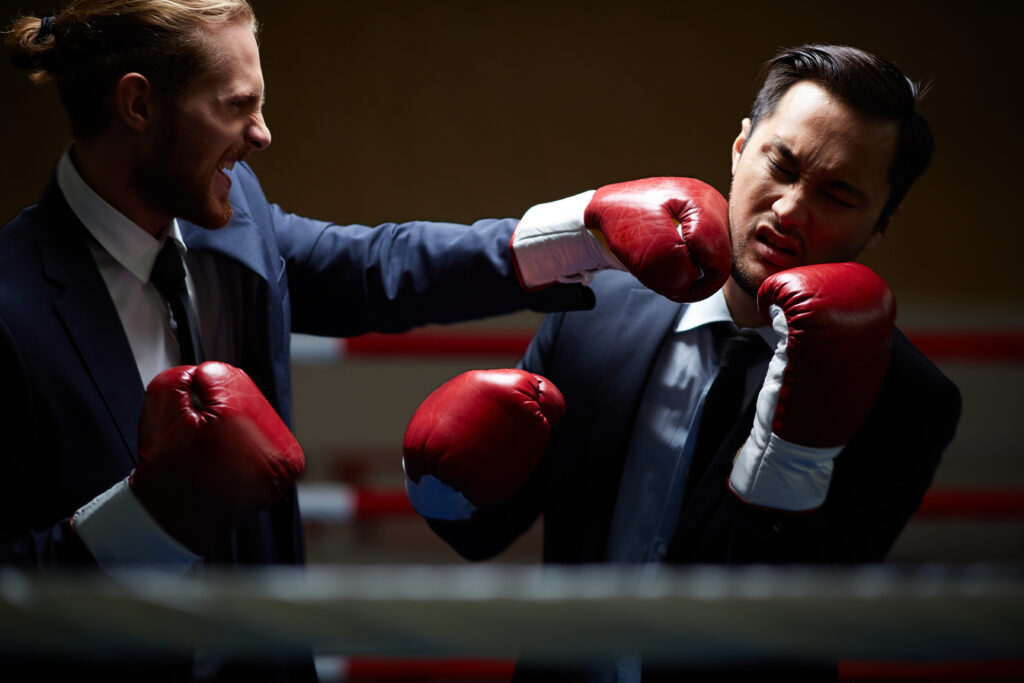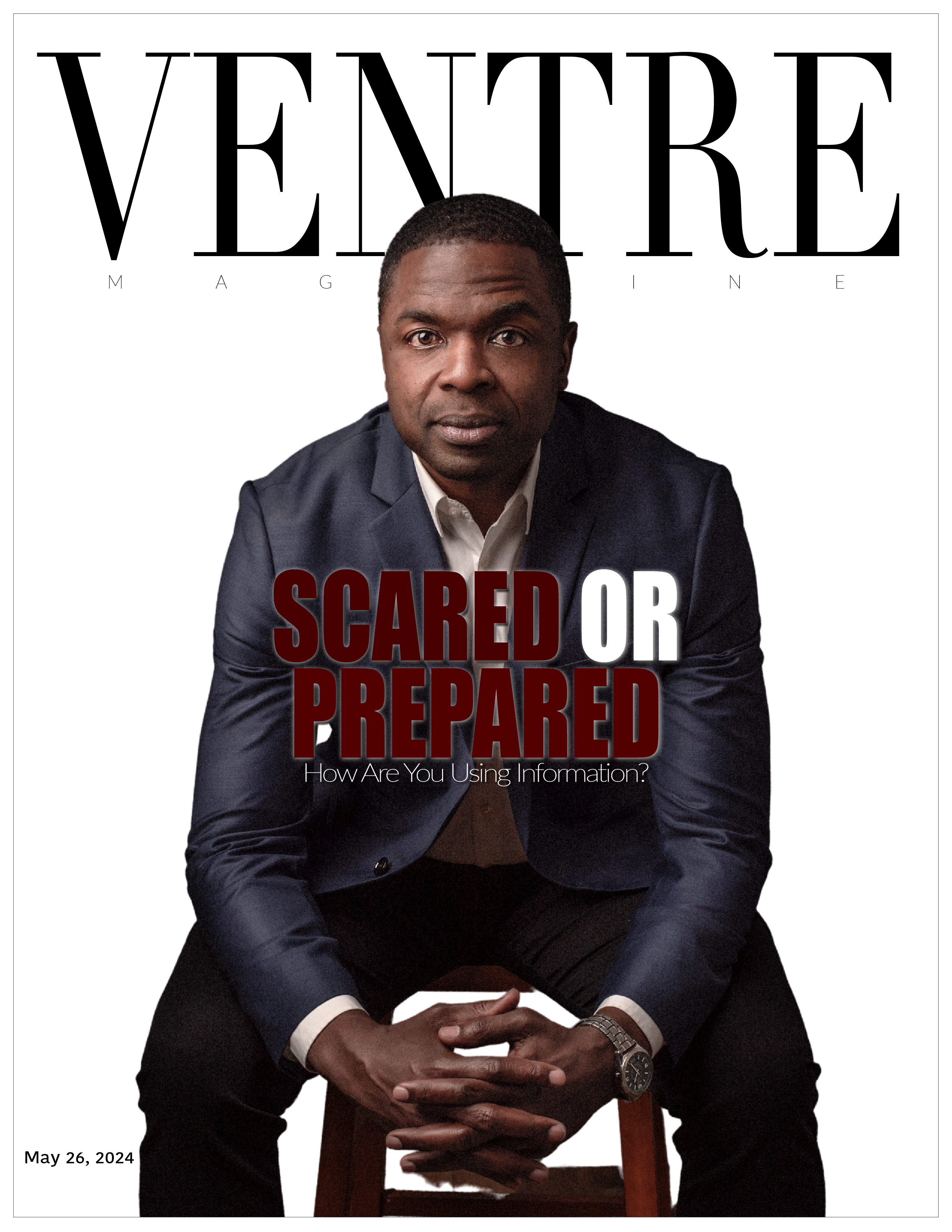Scared Or Prepared
How do you use information? Some information is readily accepted, especially if it makes us feel safe and secure. However, we’re often inclined to ignore information that brings about fearful thoughts of the future. We become paralyzed by the information and fail to make provisions that could guard against it. Information is a gift to those who can understand it and have the wisdom necessary to put it to good use. I often like to say, “Don’t be scared, be prepared.

Most of us have heard the proverbial story of David versus Goliath. Whether we fully believe the story or not, there’s a valuable lesson that can be learned from it. If you’re not familiar with the story, here’s a little snippet. David was a 12-year-old boy who was unafraid to go out and fight a skilled warrior by the name of Goliath. He was famed for his giant stature. David was no fool and well understood both offense and defense. When he was offered heavy armor and a sword to face the mighty Goliath, he refused it, choosing to only go into battle with a slingshot. While the decision may seem simple on the surface, it was quite brilliant.
David learned to master the skill of the sling during his time as a shepherd. He used it to defend the sheep against predators. The sling also gave him distance from the giant, which somewhat evened the playing field. David wouldn’t have much of a chance if he’d tried to face Goliath in hand-to-hand combat. Heavy armor and a sword would also have put him at a great disadvantage.
David emerged victorious because he understood his strength as well as the strength of his enemy. He expressed wisdom in his usage of that information. According to Jewish history, David went on to win many battles during his reign. He won because he was prepared to do so. The question we have to ask ourselves is, “Are we prepared to win?” What do we know about ourselves? What do we know about the opposition? Are we aware of the challenges that lie ahead? Are we playing to our strengths and spending adequate time working on our weaknesses?

The business world can be daunting, especially in an economic climate where liquidity is quickly evaporating. There are many challenges. We are often required to learn things that we never intended to learn such as accounting, finance, marketing and strategic planning as well as adapt to the ever changing world of social media. Adding to those challenges is understanding how interest rates, inflation, recessions and other realistic economic factors affect our businesses.
One of the best things we can do to remain prepared is to never stop learning. Once we’ve learned all we need to know, the next step is to find out what we don’t know we need to know. Basically, there is no end to learning. “In a world of change, learners shall inherit the earth, while the learned find themselves beautifully equipped to deal with a word that no longer exists.” – Eric Hoffer
How much time are we investing in our personal development? This includes proper rest, relaxation and rejuvenation. We can’t expect to win what could be a long battle when we are exhausted from fighting. You may feel guilty for taking a break, but you’ll be far more productive and efficient when you do. I had to convince myself to step away for a little while by saying, “It’s easier to recover from taking a break than it is to recover from burnout.”

There are often critical resources needed to win a battle. These resources can include good team members, operating capital, proper counsel, balancing and rebalancing budgets, a place of refuge, etc. Yes! There are ways to work around them. However, if you don’t know what you need, you won’t know where to start. It’s imperative to understand the needs for both you and your business.
The road less traveled can be challenging. We must be prepared mentally, physically, spiritually and financially. We must take the time to understand what’s happening in our economy and shore up our business to withstand challenges. Don’t simply believe whatever you hear in mainstream media as the date disseminated there is often with the intent to deceive. Follow economists who are mainstream, such as Professor Steve Hanke and Danielle DiMartino Booth. They tend to offer economic views without an agenda. Remember! Everyone wants to win; the ultimate question is, “Are we prepared to do so?”


